CSC was behind the production of Bill Cosby's television specials, the cartoon special and series on Fat Albert, and several motion pictures. They produced the 1968 anti-war animated film short "The Door," for example, as well as "Johnny Got His Gun" in 1971. Tetragrammaton was undoubtedly a side project for this group, as none of them were primarily "record men." Roy Silver was a manager of groups. Campbell was in film making. Although Cosby had made many recordings by the time Tetragrammaton was founded in 1968, his main interests were in other forms of artistic expression. The day-to-day running of the label was done by label President Artie Mogull, who was a record man, having worked for several labels before 1968 and signed a number of big names. Strangely, there didn't seem to be a consistent core of record producers at the label (David Briggs was apparently one), as each album seems to be produced by whomever was with the artist at the time.
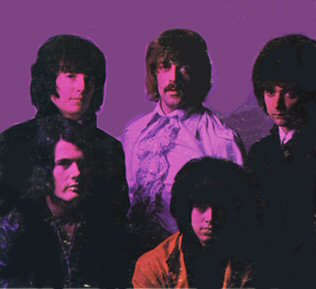 Tetragrammaton was fairly active for the last half of 1968 and the first half of 1969. One of their greatest
successes was that they introduced the world to the heavy rock band Deep Purple. The label issued
four albums by the group, which at that time consisted of Rod Evans (lead vocals), Ritchie Blackmore
(lead guitar), Jon Lord (keyboard), Nic Simper (bass), and Ian Pace (drums). The first album,
Shades of Deep Purple [Tetragrammaton T-102], contained the top-5 hit "Hush"
[Tetragrammaton 1503], from the summer of 1968. By November of that year, their followup single, a
hard rock version of Neil Diamond's "Kentucky Woman" [Tetragrammaton 1508], was issued from their
second album, Shades of Taliesyn [Tetragrammaton T-107]. This single barely scraped into the
top-40 at #38. A second single from the album, the Phil Spector song "River Deep-Mountain High"
[Tetragrammaton 1514], was issued early in 1969, but it reached only #53. Two more singles didn't
manage to make even the top-100, as "Emmaretta" [Tetragrammaton 1519, 3/69, backed with "Bird Has
Flown" from their third album] stalled at #128 while "Hallelujah (I Am the Preacher)" [Tetragrammaton
1537, 8/69, also backed by a song from their third album, "April"] made only #108. The orchestration
employed in the 12-plus minute version of "April" on their third album actually telegraphed the "rock
group and orchestra" concept of their fourth album.
Tetragrammaton was fairly active for the last half of 1968 and the first half of 1969. One of their greatest
successes was that they introduced the world to the heavy rock band Deep Purple. The label issued
four albums by the group, which at that time consisted of Rod Evans (lead vocals), Ritchie Blackmore
(lead guitar), Jon Lord (keyboard), Nic Simper (bass), and Ian Pace (drums). The first album,
Shades of Deep Purple [Tetragrammaton T-102], contained the top-5 hit "Hush"
[Tetragrammaton 1503], from the summer of 1968. By November of that year, their followup single, a
hard rock version of Neil Diamond's "Kentucky Woman" [Tetragrammaton 1508], was issued from their
second album, Shades of Taliesyn [Tetragrammaton T-107]. This single barely scraped into the
top-40 at #38. A second single from the album, the Phil Spector song "River Deep-Mountain High"
[Tetragrammaton 1514], was issued early in 1969, but it reached only #53. Two more singles didn't
manage to make even the top-100, as "Emmaretta" [Tetragrammaton 1519, 3/69, backed with "Bird Has
Flown" from their third album] stalled at #128 while "Hallelujah (I Am the Preacher)" [Tetragrammaton
1537, 8/69, also backed by a song from their third album, "April"] made only #108. The orchestration
employed in the 12-plus minute version of "April" on their third album actually telegraphed the "rock
group and orchestra" concept of their fourth album.
But in truth, Deep Purple was hardly a singles band, anyway. Their albums made #24, #54, and #162 on the album charts. The huge success of "Smoke on the Water" (after some major personnel changes) was still several years away. Even with that huge single hit, the group has always done better selling albums. A planned single, "Black Night," got lost in the company's folding, and was issued in 1970 as Warner Brothers 7405.
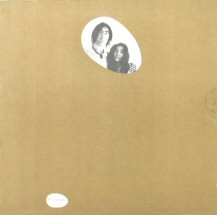 Tetragrammaton also gave us the controversial John Lennon album with the formal title Unfinished
Music No. 1: Two Virgins, usually referred to as just Two Virgins. When Lennon approached
Capitol Records with his new album, complete with his own cover art consisting of time delay photos
taken by the couple of themselves in the nude, Capitol flatly rejected it (after hearing it, I don't think the
cover was the whole problem here). It was finally released as an Apple/Tetragrammaton collaboration,
with the cover "covered" with a brown paper sleeve that just showed the couple's faces through a cutout
hole. Whether this was consciously done to liken the cover to looking through a keyhole is unknown, but
suffice it to say that most of the sales were in response to the salacious rumors about the cover and not
the music inside. Once the brown paper bag was removed, one was left with a disappointing nude photo
of what John Lennon described as "two slightly overweight ex-junkies" and an album whose content is,
well... what we actually have here is about a half hour of noise, or I should say noises, of various sorts.
At about 10 minutes in, we hear a sound not unlike someone heaving, and rightly so. The album is a
historical footnote today mostly because of the clash between the nudity and the then-current obscenity
laws. By today's standards, the photos are forgettable and the "music" unlistenable. As Bob Dylan once
said, "when there's too much of nothin', nobody should look."
Tetragrammaton also gave us the controversial John Lennon album with the formal title Unfinished
Music No. 1: Two Virgins, usually referred to as just Two Virgins. When Lennon approached
Capitol Records with his new album, complete with his own cover art consisting of time delay photos
taken by the couple of themselves in the nude, Capitol flatly rejected it (after hearing it, I don't think the
cover was the whole problem here). It was finally released as an Apple/Tetragrammaton collaboration,
with the cover "covered" with a brown paper sleeve that just showed the couple's faces through a cutout
hole. Whether this was consciously done to liken the cover to looking through a keyhole is unknown, but
suffice it to say that most of the sales were in response to the salacious rumors about the cover and not
the music inside. Once the brown paper bag was removed, one was left with a disappointing nude photo
of what John Lennon described as "two slightly overweight ex-junkies" and an album whose content is,
well... what we actually have here is about a half hour of noise, or I should say noises, of various sorts.
At about 10 minutes in, we hear a sound not unlike someone heaving, and rightly so. The album is a
historical footnote today mostly because of the clash between the nudity and the then-current obscenity
laws. By today's standards, the photos are forgettable and the "music" unlistenable. As Bob Dylan once
said, "when there's too much of nothin', nobody should look."
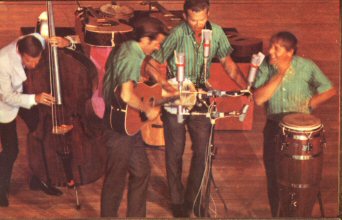 Tetragrammaton produced several other interesting albums, including a wonderful 2-LP live set by the
Kingston Trio, recorded in 1966 in their prime at the Sahara-Tahoe Hotel on the south shore of Lake
Tahoe (and finally reissued on CD in 2008). In addition to the good musical representation of their live
show, the album has many historical photos and liner notes that detail the history of the group. The
album was put together and produced by George Yanok and their long time manager, Frank Werber.
The liner notes were written by San Francisco Chronicle entertainment columnist John L. Wasserman (a
friend of Frank Werber) under his frequently used pseudonym Joaquin Bandersnatch. In any case, it
was a good package and the Nick-Bob-John Trio's last "new" album.
Tetragrammaton produced several other interesting albums, including a wonderful 2-LP live set by the
Kingston Trio, recorded in 1966 in their prime at the Sahara-Tahoe Hotel on the south shore of Lake
Tahoe (and finally reissued on CD in 2008). In addition to the good musical representation of their live
show, the album has many historical photos and liner notes that detail the history of the group. The
album was put together and produced by George Yanok and their long time manager, Frank Werber.
The liner notes were written by San Francisco Chronicle entertainment columnist John L. Wasserman (a
friend of Frank Werber) under his frequently used pseudonym Joaquin Bandersnatch. In any case, it
was a good package and the Nick-Bob-John Trio's last "new" album.
Tetragrammaton abruptly folded when they ran out of money. Warner Brothers (the company Bill Cosby had recorded for in the past) bought or leased some of the masters, e.g., Deep Purple, whose later output, as well as the release of "Black Night" and the reissue of the Concerto album, came out on that label. Another label, Creative Sounds, Ltd., (and their sub-label Rock Classics) reissued many Tetragrammaton albums (including the Deep Purple LPs) on vinyl and CD in the late 1980s and early 1990s, but not from master tapes. Their CD reissues were loaded with vinyl surface noise and the vinyl reissues were noisy right out of the shrink wrap. Although the Creative Sounds issues claimed license from Tetragrammaton, it is not clear what the relationship was of Creative Sounds and Tetragrammaton, since obviously master tapes were not involved in that relationship.
Tetragrammaton's catalog featured an inordinately high number of unreleased albums and/or unused catalog numbers. Tetragrammaton had a relatively small cadre of artists, and some of the unused numbers (like the Greasepaint Smile album by Elyse Weinberg) were probably planned for second or third albums by artists who already had album releases. Others of the missing numbers were probably planned albums for other artists signed to the label. Surprisingly, there were only five artists who had singles released on the label and no known albums. These were the Incredibles, Flora Purim, the Cups, Captain Milk, and George Soule. Captain Milk was definitely one of the artists who had an album scheduled (probably another of the missing numbers in the high 120s), as we received the following e-mail from Lee Hazen:
"I found your site on Tetragrammaton records most interesting. I am a retired studio mixing engineer having worked in the Nashville music community since March, 1968. One of the Tetragrammaton artists, Edwin Hubbard (Captain Milk) did a project with me at Woodland Sound Studios in 1969. A single was released from the project: "Hey Jude"/"The Impossible Dream" [Tetragrammaton T-1542]. Ernie Winfrey and I were the engineers who recorded the album project. I had a 7.5 ips 2 track stereo copy of the master tape and it was lost. The album was apparently never released by the label. David Briggs was one of the musicians on the album along with Kenney Buttrey (deceased), Charlie McCoy, Norbert Putnam, Bobby Thompson (deceased), Wayne Moss, Weldon Myric and others who eventually became the group Area Code 615. Area Code 615's album concept came from the Edwin Hubbard project - minus the flute."
The Tetragrammaton label remained the same design throughout their relatively short lifetime: silver with black print, with a blue logo at the top. Around the bottom edge of all labels, regardless of issue date, it read, "© 1968 TETRAGRAMMATON RECORDS (A DIVISION OF THE CAMPBELL, SILVER, COSBY CORPORATION) MADE IN U.S.A." The copyright date was for the design of the label and had nothing to do with album issue dates (some of which, however, incidentally coincided).
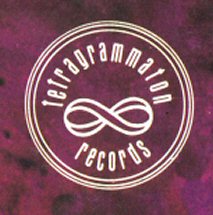 Tetragrammaton Album Discography
Tetragrammaton Album Discography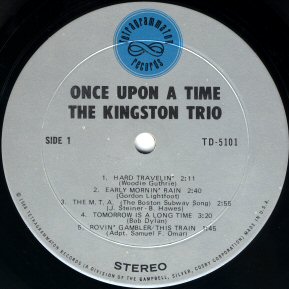
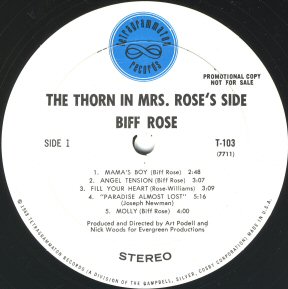
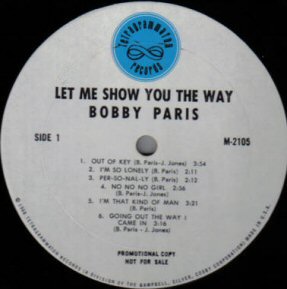
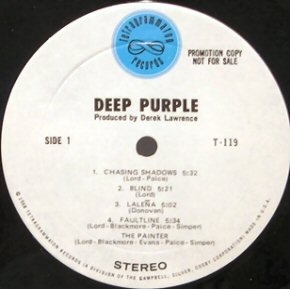
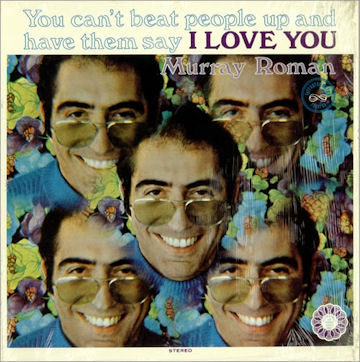
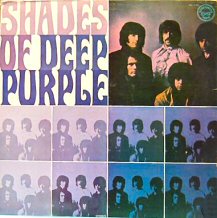
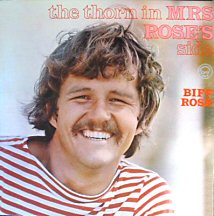
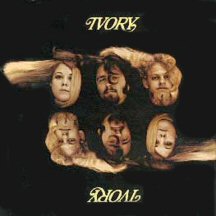
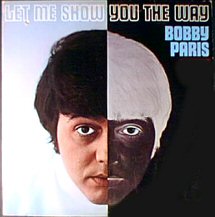
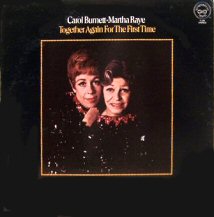
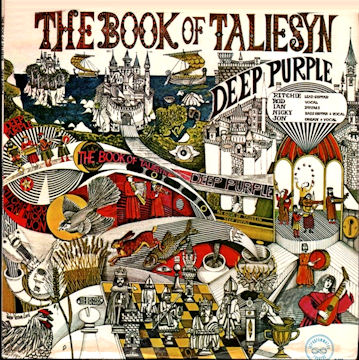
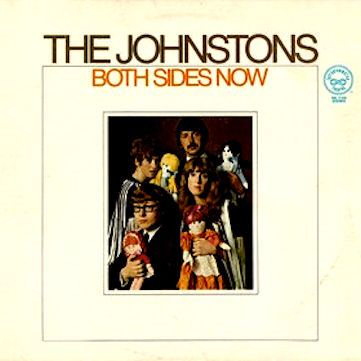
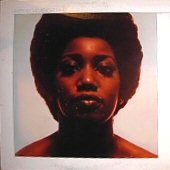
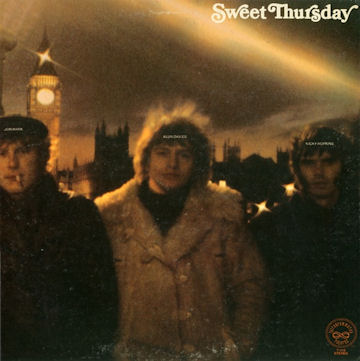
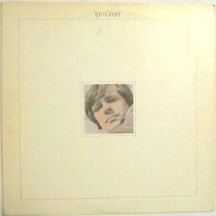
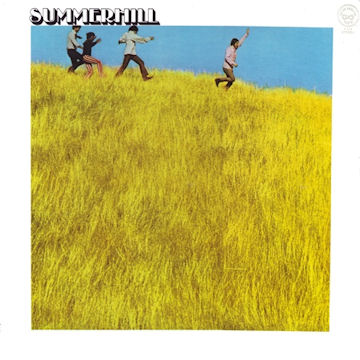
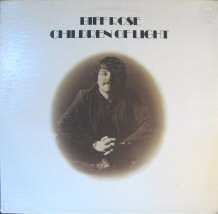
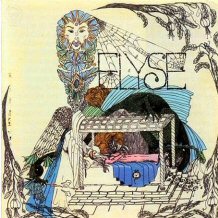
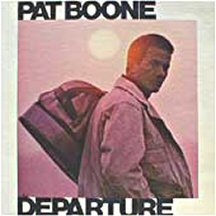
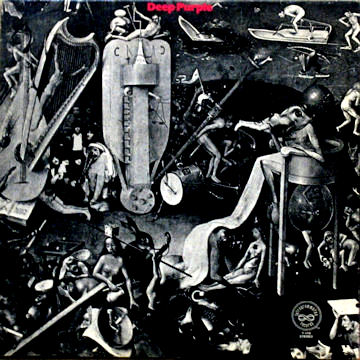
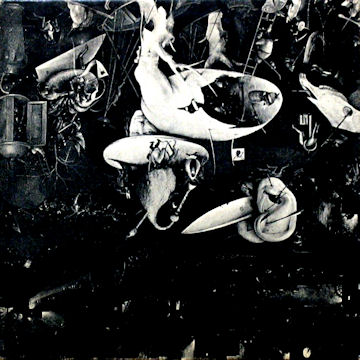

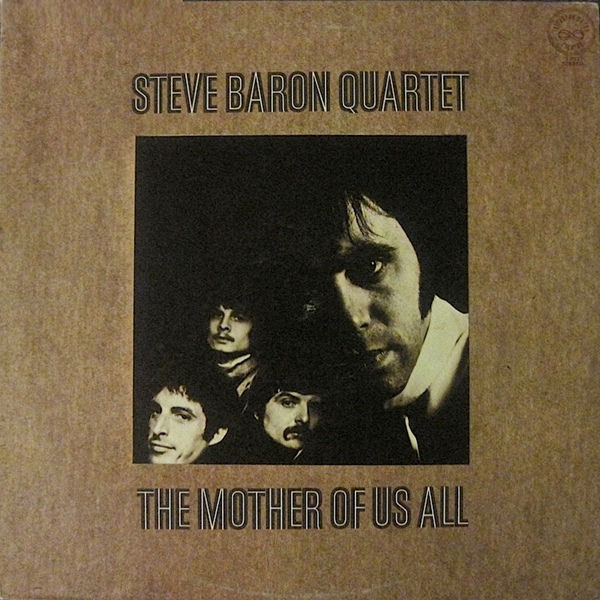
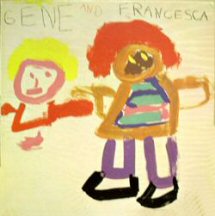
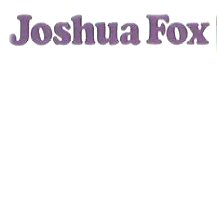
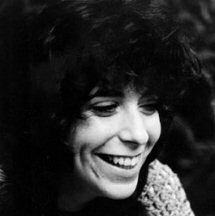
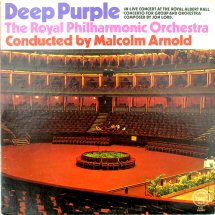
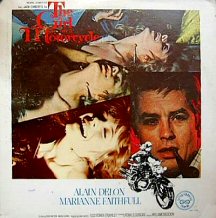
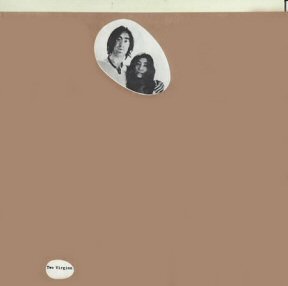 Apple/Tetragrammaton T-5001 - Unfinished Music No. 1: Two Virgins - John Lennon & Yoko
Ono [11/68] (2-69, #124) Produced by John Lennon. Original cover had a brown paper sleeve that
covered the record jacket, which featured full nude pictures of the couple on/from the front and back.
The music consists of tape loops and other avant garde experimentation. Original LP copies such as
shown at left opened at the side, while counterfeits have been known to open at the top, as shown at
right. Reissued on CD in 1991 on Rock Classics SSI 9999. Two Virgins No. 1/Together/Two Virgins No.
2/Two Virgins No. 3/Two Virgins No. 4/Two Virgins No. 5//Two Virgins No. 6/Hushabye Hushabye/Two
Virgins No. 7/Two Virgins No. 8/Two Virgins No. 9/Two Virgins No. 10
Apple/Tetragrammaton T-5001 - Unfinished Music No. 1: Two Virgins - John Lennon & Yoko
Ono [11/68] (2-69, #124) Produced by John Lennon. Original cover had a brown paper sleeve that
covered the record jacket, which featured full nude pictures of the couple on/from the front and back.
The music consists of tape loops and other avant garde experimentation. Original LP copies such as
shown at left opened at the side, while counterfeits have been known to open at the top, as shown at
right. Reissued on CD in 1991 on Rock Classics SSI 9999. Two Virgins No. 1/Together/Two Virgins No.
2/Two Virgins No. 3/Two Virgins No. 4/Two Virgins No. 5//Two Virgins No. 6/Hushabye Hushabye/Two
Virgins No. 7/Two Virgins No. 8/Two Virgins No. 9/Two Virgins No. 10
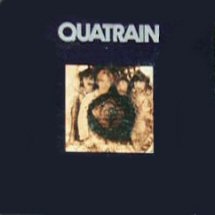
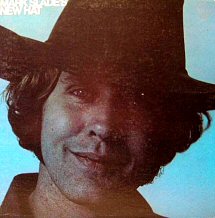
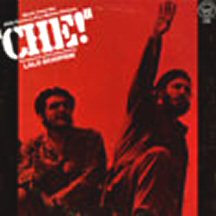
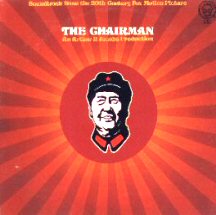
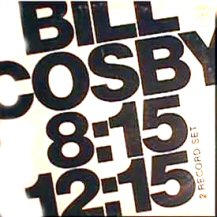
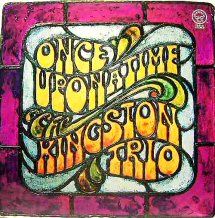
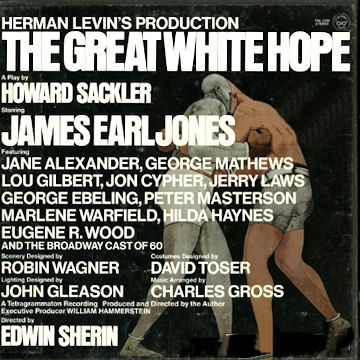
 Back to the Discography Listings Page
Back to the Discography Listings Page